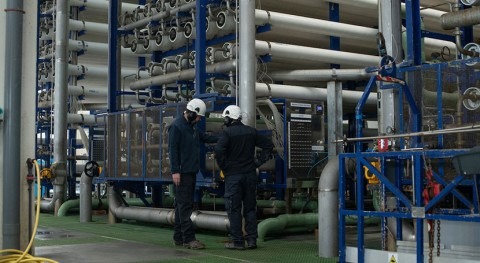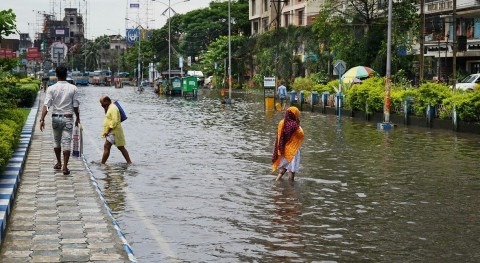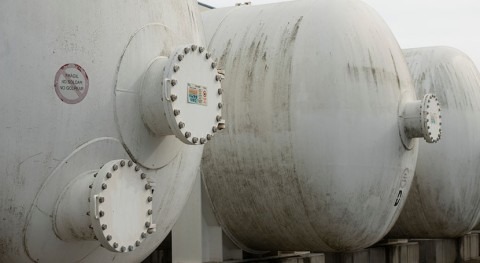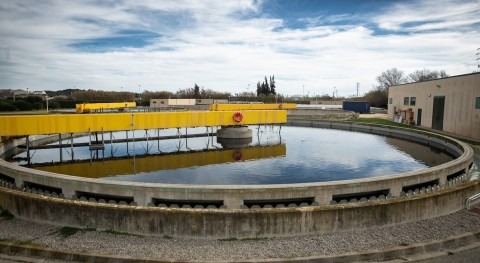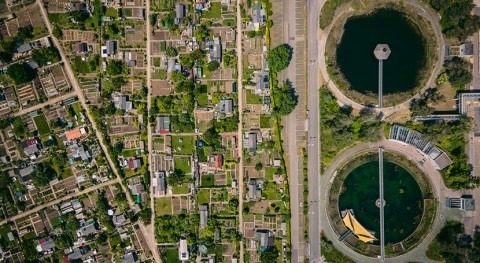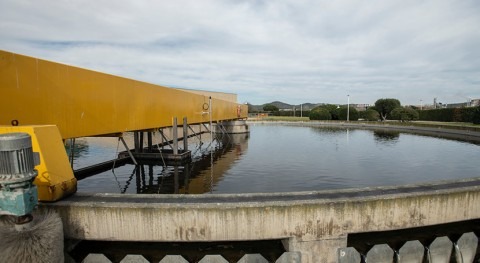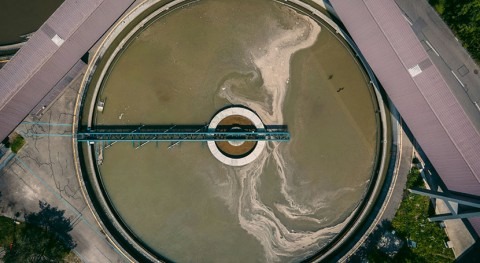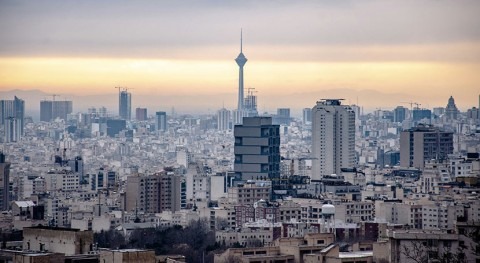The world has been hit by the COVID-19 crisis, described by many as the crisis of the century. The pandemic poses substantial risks to already vulnerable people living in countries with severe development deficits, limited government capacity, water, and food insecurities, as well as and importantly, poor healthcare infrastructure. Developing countries will suffer after the COVID-19 crisis, where income losses are expected to be over US$220 billion just in 2020. Other data show that an estimated 265 million people could face acute food insecurity by the end of 2020, a year in which the world is off track on most SDG targets relevant to water, food, and agriculture. As well as the failure to meet the Paris Agreement goals: to avoid a 2 degrees Celsius global temperature rise.
This pandemic has highlighted an extremely basic reality, but which is often hidden: the security nexus between health, humans, animals, and the environment. These four pillars of our ecosystem generated a precious planetary balance, and damage to one of its components can jeopardize the planet and human well-being, resulting in uncertain and even devastating consequences.
COVID-19 has highlighted an extremely basic reality, which is often hidden: the security nexus between health, humans, animals, and environment
It is estimated that 60 per cent of recently emerging human diseases originate from animals. The COVID-19 crisis is the direct result of the excessive destruction of the ecosystem via poaching practices, which are very widespread in certain parts of the world, and which has led to the unprecedented pandemic that the world is facing today.
The states through their different public services are called to face this health war on different fronts: health, security, the supply of basic needs such as water, food, and energy. The health crisis has demonstrated just how crucial adaptative capacities are to get countries back on their feet at the least possible cost. The world has been tested over its response to the COVID-19 pandemic - and it has been found wanting. The resulting lack of vision and solidarity in times of crisis raises fundamental questions about national sovereignty as a priority to face the pandemic.
One Water One Health
Preventive hygiene remains the first individual action in the fight against the spread of the virus. Consequently, the WASH sector (Water, Sanitation and Hygiene) remains a key sector in limiting the spread of the virus into vulnerable communities and in reducing its transmission in the zones housing affected people.
The management of this sanitary crisis has highlighted the strong interdependence of the public health sector with water and its ecosystem
Moreover, the initiative “One Water One Health”, launched by the United Nations Food and Agriculture Organization, raised awareness among decision makers as to the strong interlinkages between water, food and human health. Access to freshwater, hygiene and sanitary services is still one of the prevention instruments against the sanitary crises caused by numerous epidemics.
The use of unsafe water also undeniably favours the quick spread of epidemics, through the direct consumption of this water or via foods irrigated by this resource.
An Emerging Nexus: Water, Health and Ecosystem
From integrated water resources management (IWRM) as a concept aiming to develop coordinated, decentralized and participative management of water resources, to the “Water-Energy-Food and Ecosystem” nexus approach imposed by climate change challenges, taking into consideration the interlinkages with other sectors, the governance of water resources unwaveringly constitutes a political, economic and social challenge for policy-makers and international bodies.
Water management tools should take into account the links with other sectors, beyond any hydrological borders of the resource. Public and private actors were pushed to develop new skills and adjust the institutional and regulatory frameworks to improve the management of the water cycle, which had and still shows numerous mutations, with new challenges posed by climate change as well as the growth of the water demand.
The management of this sanitary crisis has highlighted the strong interdependence of the public health sector with water and its ecosystem. This finding pushes us to rethink the mode of governance in order to ensure a solid convergence between the two sectors.
Water suppliers must set up a global approach to the management of the risks applied to all value chains including non-traditional risks
National health policies could not be economically, socially, and ecologically efficient without putting the environmental dimension at the core of any of its strategies and action plans. Sustainable development challenges and preserving the ecosystems are crucial to human survival. This new “nexus” is emerging.
Moreover, the coordination between the health sector and the water sector is not a new issue. Public health services are called to intervene directly or indirectly in the management of the water cycle in numerous parts of the world in many ways. Especially when it comes to the quality control of water distributed by different water suppliers, for human consumption; the deliverance of derogation in cases of non-compliance with drinking water standards; and the prevention plans against waterborne diseases.
Moreover, one of the lessons to take away from this global crisis is the need to establish a new mode of coordination and foster synergies between water, health and ecosystem imposed by the emergence of this emerging “Health Water and Ecosystem” nexus.
Building back better: Key actions for nexus security after COVID-19
Risk management in public water networks
The main water suppliers must set up a global approach to the management of the risks applied to all value chains including non-traditional risks.
Risk management must include drinking water networks as well as wastewater plans and networks, known to be a potential vector of virus transmission.
Mastery of scientific knowledge
One of the key messages of this sanitary crisis is that state sovereignty does not only depend on power but also its scientific and technical independence. Policy makers are called, today more than ever, to re-enhance and support scientific and technical research.
Furthermore, it would be valuable to think about the promotion of the institutional framework dedicated to research and the development of scientific knowledge, to further the understanding of the interaction between human health and the ecosystem.
Towards an eco-systemic approach of health policies
The current crisis has forced health decision makers to shift the paradigm and has required the development of holistic approaches to the management of sanitary crises, where the integration of environmental aspects is a priority to national health security.
We must use this opportunity to achieve sustainable development for all through the strengthening of community and system resiliency
The management of this crisis not only has to deal with its effects, but also with the research of an optimal understanding and the mastery of the links between a sanitary crisis and an environmental crisis. This must be applied to the whole crisis management process, from the detection, prevention, control, and the reduction of the disease, regardless of its dimension. Ultimately, efforts still need to be made concerning plans to take into consideration people’s environmental conditions, especially the access to basic services (water, sanitation, hygiene services, and waste management).
COVID-19 is nature's wake-up call for all of us. Our actions now will shape what comes after this crisis. We must use this opportunity to fight to achieve sustainable development and security for all through the strengthening of community and system resiliency, as well as fostering new synergies and holistic thinking about environmental security.







